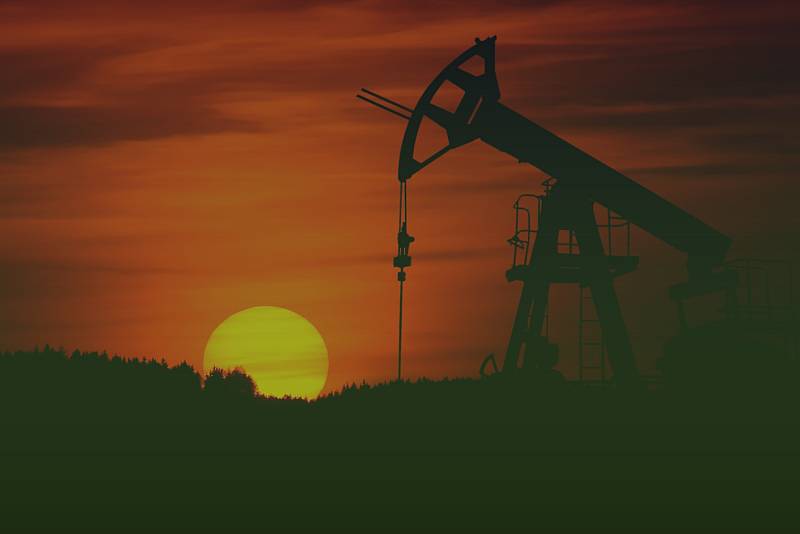
Well, actually, it was the paper price of WTI (a US crude) for delivery in May, which positions must be settled in April. Either that or take delivery of the crude oil in May.
What most probably happened was that traders who had bought the crude oil earlier - and never intended to take delivery - tried to sell it back but no one was buying. So they had to keep on lowering the price until buyers appeared.
From a larger perspective, what happened was that money was leaving the crude oil market. Think of the prices as a balloon or a bubble. When money is pumped in, the balloon inflates. When money is taken out, the balloon deflates.
The crude oil price was already down to below USD20 per barrel from around USD70 before the coronavirus crisis. The crude oil market is experiencing deflation.
And if the crude oil balloon is deflating, we can expect many other balloons, representing different industries, are deflating too. Because almost industries require energy, which mostly comes from crude oil. The rise in US unemployment is consistent with this view.
However, money that leaves one balloon will end up flowing into another balloon. Money leaves the markets where the demand has fallen and there is oversupply, and it will try to enter markets where the demand is still strong.
Markets where money leaves experience deflation, but markets where money enters experience inflation.
Coupled with that countries are now recklessly printing more money, there will be more money to inflate the balloons i.e. markets with strong demand. This would likely result in hyperinflation.
Here's a Reuters article summarising the fiscal responses by various countries.
The question is, which markets are these? If you know what they are, you could invest there.
The answer: It's anything to do with our wants and needs that has a limited supply. For example, gold and silver, which Bank of America recently said the Fed can't print.
Next month in May, we'll see what happens to the WTI price for June delivery to confirm the scenarios above. To me, the direction is already certain. I am steering my ventures for a hyperinflation scenario.
I am not a qualified financial or investment advisor. Any investment decision you make and the associated risks must be your own.
My project Mansa is an online marketplace for trading of gold. It would benefit me if you were to trade gold on the Mansa platform. Mansa is currently still under development.
© Osman Mia